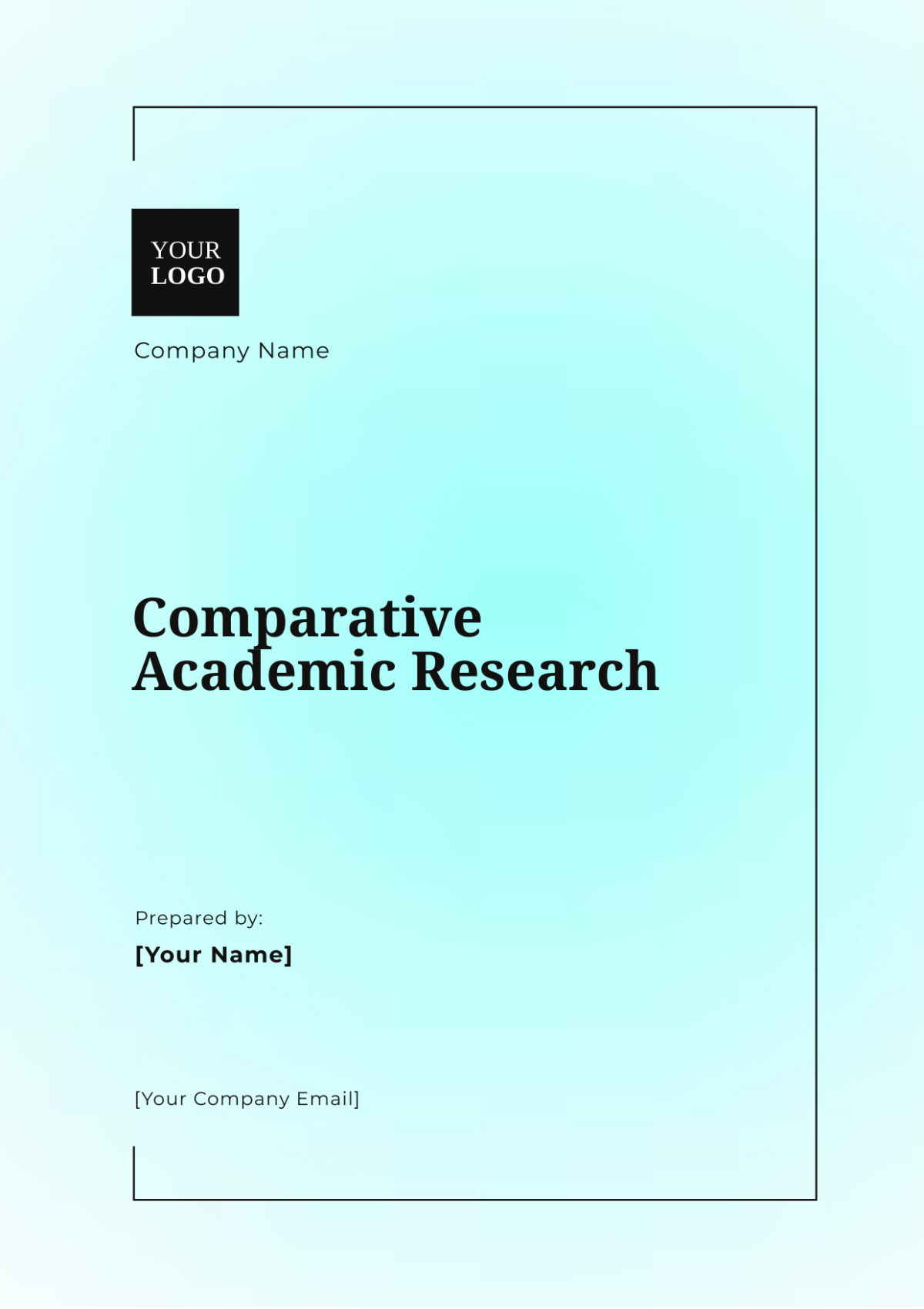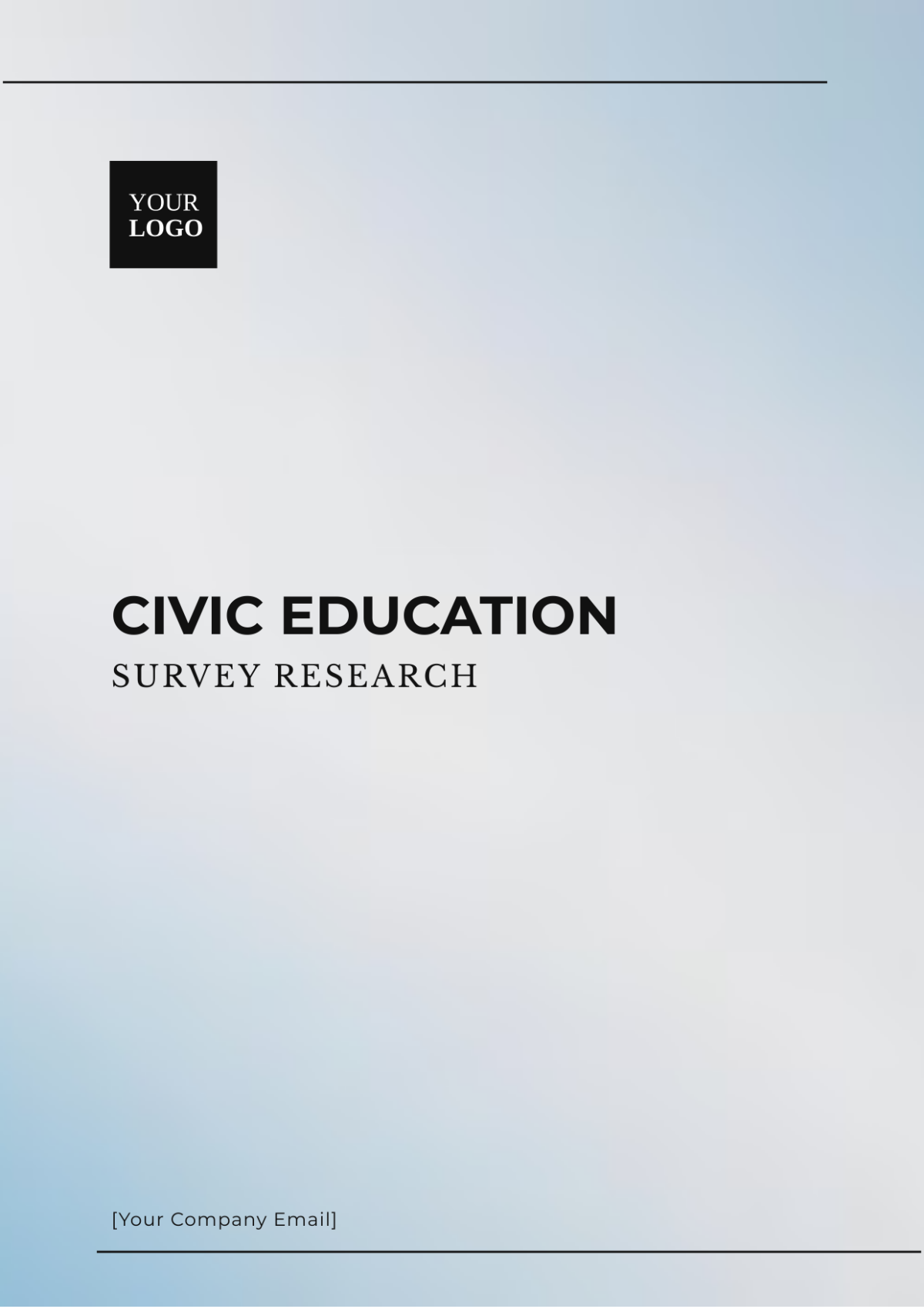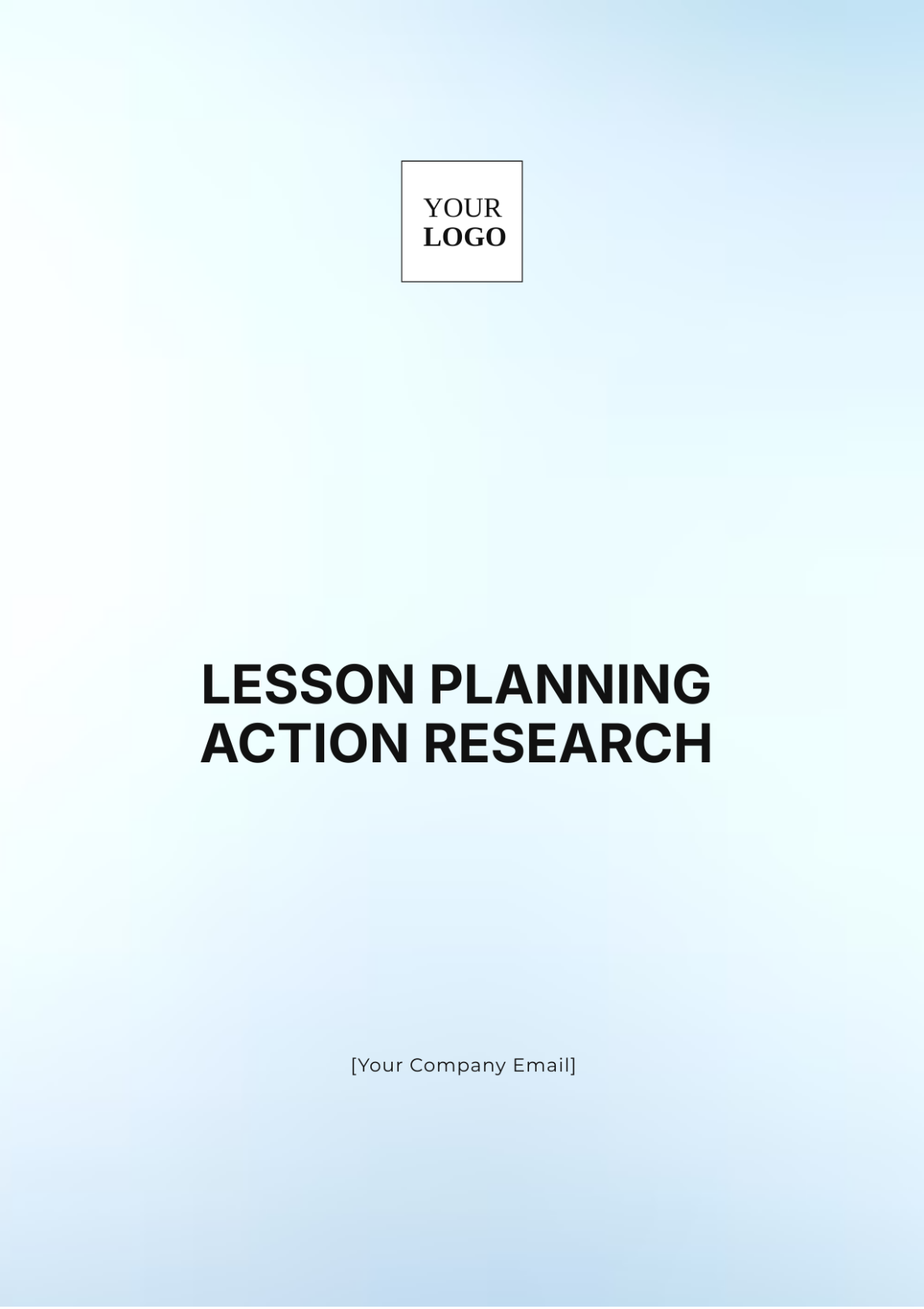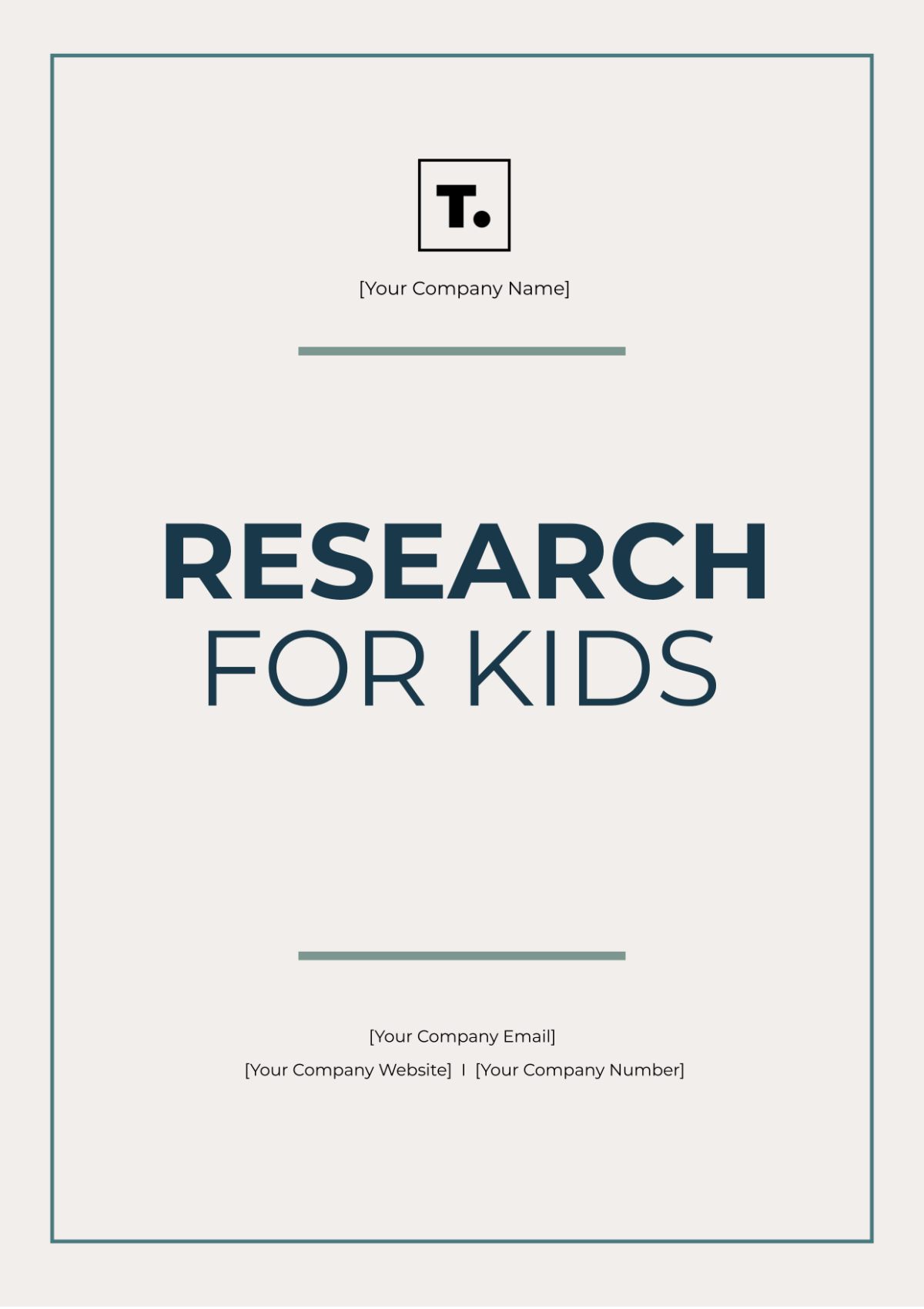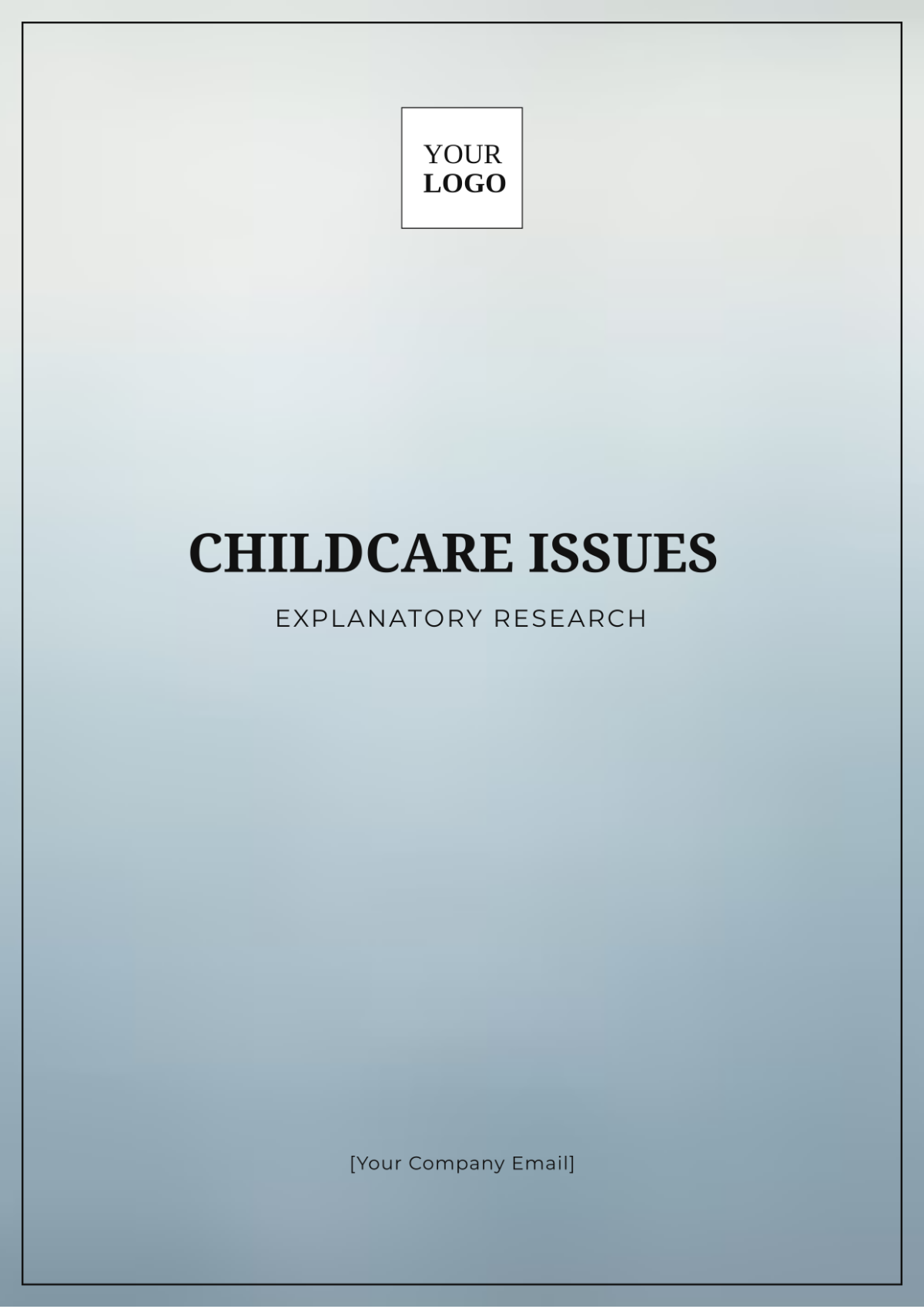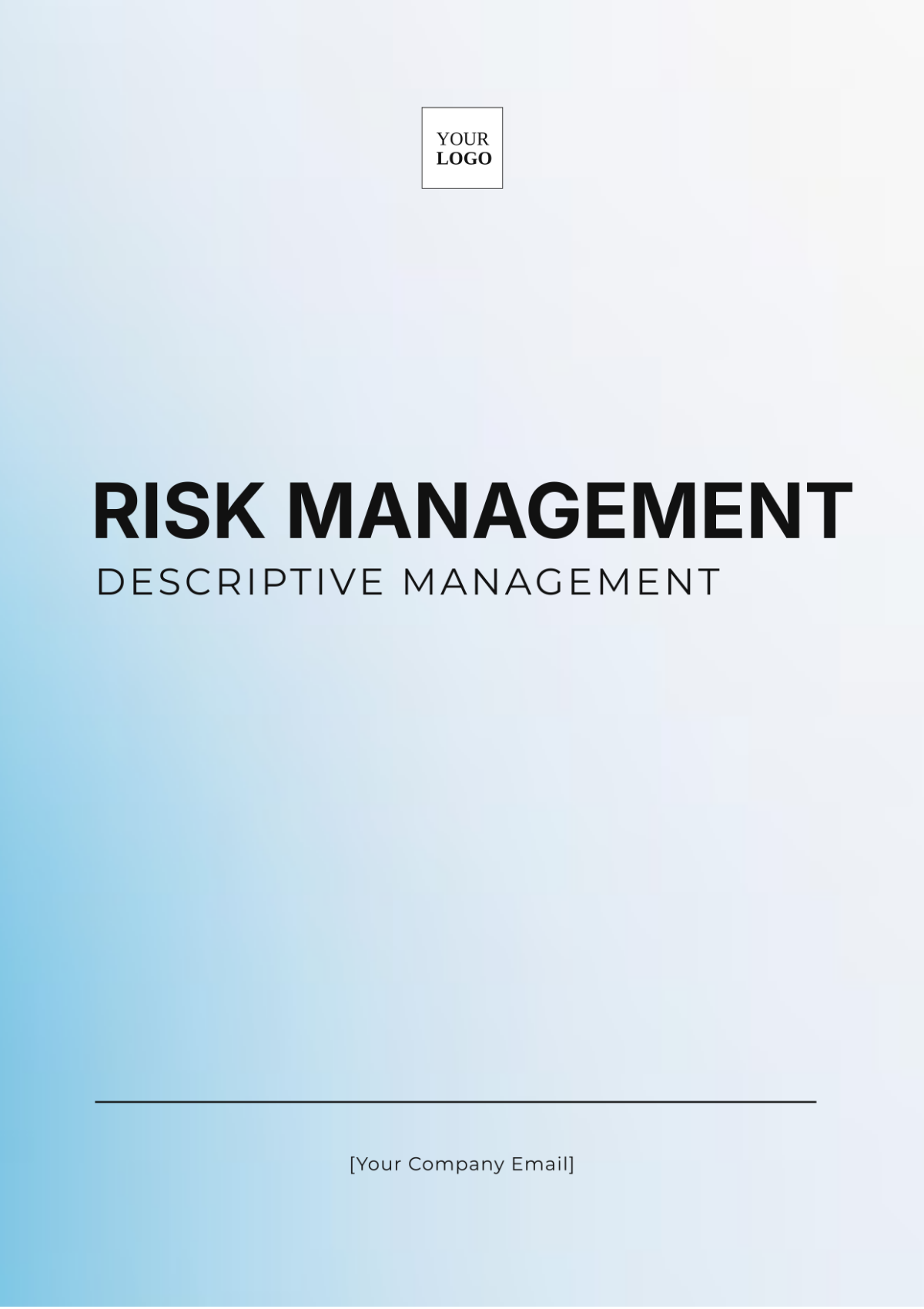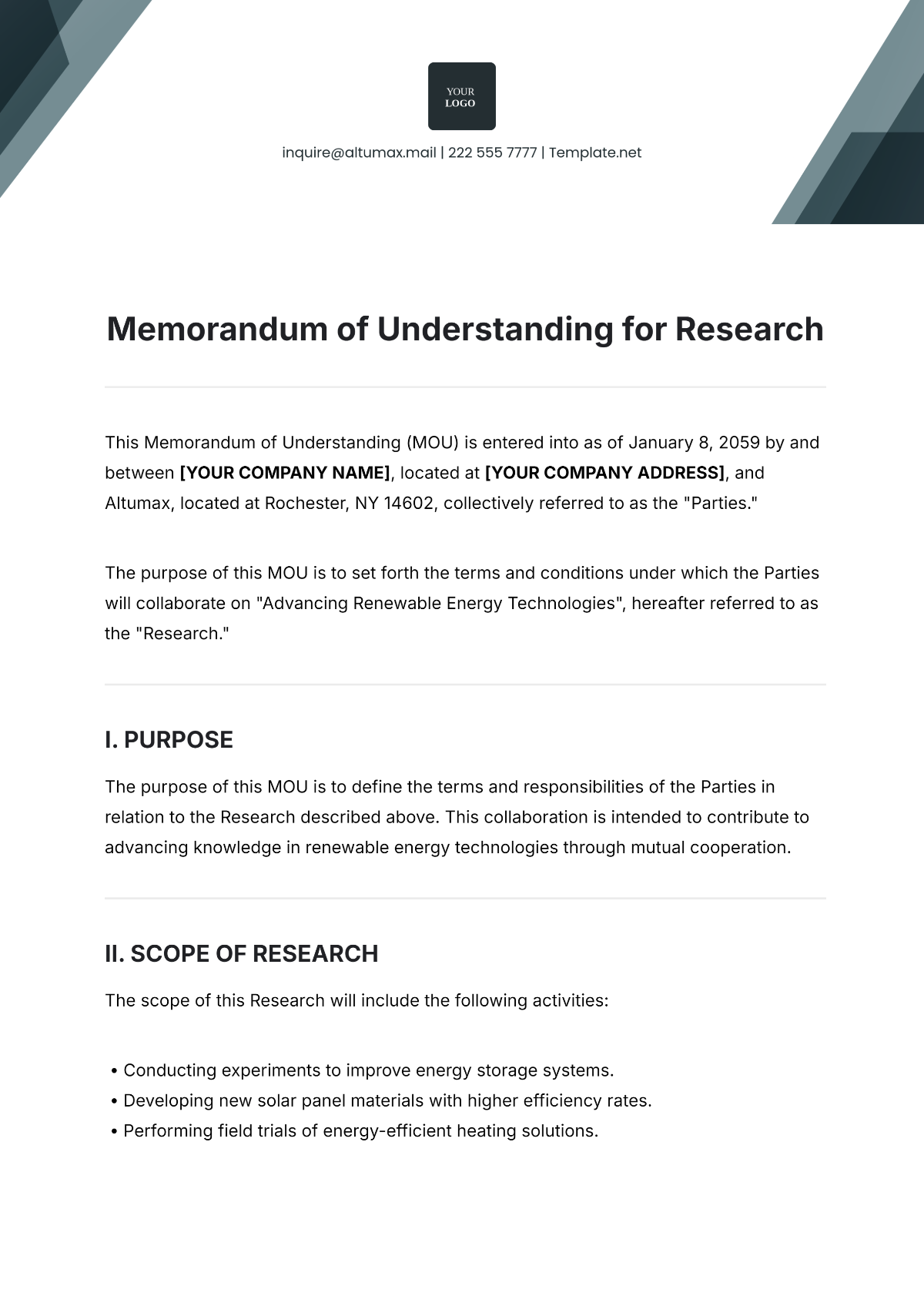Dispute Resolution Qualitative Research
1. Introduction
1.1 Background
Dispute resolution is a critical field in managing conflicts across various domains, including commercial, family, and labor disputes. Traditional quantitative research provides numerical data on dispute outcomes, but qualitative research offers deeper insights into the underlying causes, processes, and personal experiences involved in dispute resolution. This study, conducted by [Your Company Name], aims to enhance our understanding of how different disputes are resolved by examining detailed narratives and contextual factors.
1.2 Objectives
The objectives of this research are:
To identify the underlying causes and contributing factors of various disputes.
To analyze the effectiveness of different dispute resolution methods.
To understand the personal experiences of individuals involved in disputes.
To provide recommendations for improving dispute resolution practices.
2. Methodology
2.1 Data Collection Methods
Interviews: Conducted with 20 participants including mediators, legal professionals, and disputants. Semi-structured interviews were used to gather detailed personal experiences and insights.
Case Studies: Analyzed five distinct dispute cases, including a family custody battle, a commercial contract dispute, and a labor strike. Each case study involved a review of relevant documents and interviews with the involved parties.
Observations: Observed three mediation sessions to understand real-time interactions and decision-making processes.
Document Analysis: Reviewed court filings, mediation reports, and settlement agreements related to the selected cases.
2.2 Participant Selection
Participants were selected based on their involvement in or knowledge of the specific types of disputes being studied. Criteria included:
Direct involvement in the dispute resolution process.
Diverse roles (e.g., mediator, disputant, legal advisor).
Varied types of disputes to provide a comprehensive view.
2.3 Data Analysis
Transcription: All interviews and observational data were transcribed verbatim.
Coding: Data was coded to identify recurring themes and patterns.
Thematic Analysis: Thematic analysis was conducted to uncover key themes related to dispute resolution processes and outcomes.
Triangulation: Used multiple data sources (interviews, case studies, observations) to ensure validity and reliability of findings.
3. Findings
3.1 Case Studies
Family Custody Battle: Revealed the emotional and psychological impacts on involved parties. The mediation process was effective in reaching a mutually agreeable resolution, but emotional factors played a significant role in the outcome.
Commercial Contract Dispute: Highlighted issues related to contract interpretation and enforcement. The dispute was resolved through arbitration, which provided a quicker resolution compared to court litigation.
Labor Strike: Showed the importance of effective communication and negotiation between management and employees. The strike was resolved through a mediated agreement that addressed key grievances.
3.2 Interview Insights
Mediator Perspectives: Mediators emphasized the importance of neutrality and effective communication in facilitating resolution. Common challenges included managing high emotions and conflicting interests.
Disputant Experiences: Disputants reported varying levels of satisfaction with the resolution process, often influenced by their perceptions of fairness and the mediator’s approach.
3.3 Observations
Observed mediators employing various techniques to manage conflicts, including active listening and reframing. Effective mediators were able to de-escalate tensions and guide parties toward mutually acceptable solutions.
4. Discussion
4.1 Analysis of Findings
The research highlights that successful dispute resolution often hinges on the ability to address both substantive and emotional aspects of disputes. Effective communication and mediator skills are crucial in achieving satisfactory outcomes. The findings align with existing literature on the importance of relational dynamics in dispute resolution.
4.2 Implications
Practitioners: Mediators and legal professionals should focus on enhancing their communication skills and understanding the emotional dimensions of disputes.
Policy Makers: Policies should support training for dispute resolution practitioners and promote methods that address both the procedural and emotional aspects of conflicts.
Future Research: Further research could explore the impact of cultural differences on dispute resolution practices and outcomes.
4.3 Limitations
Sample Size: The study’s sample size was limited, which may affect the generalizability of the findings.
Methodological Constraints: The study relied on self-reported data from interviews, which may be subject to biases.
Observer Effect: Observational data may be influenced by the presence of the researcher.
5. Conclusion
5.1 Summary of Key Findings
The research underscores the importance of addressing both the practical and emotional aspects of disputes in the resolution process. Effective mediation requires strong communication skills and an understanding of the parties’ emotional needs.
5.2 Recommendations
Best Practices: Develop training programs for mediators that focus on communication and emotional intelligence.
Policy: Consider policies that integrate emotional support and conflict management strategies into dispute resolution processes.
Further Research: Investigate the role of cultural and contextual factors in dispute resolution.
6. References
Fisher, R., Ury, W., & Patton, B. (2050). Getting to Yes: Negotiating Agreement Without Giving In. Penguin Books.
Lewicki, R. J., Saunders, D. M., & Barry, B. (2052). Negotiation. McGraw-Hill Education.
Moore, C. W. (2053). The Mediation Process: Practical Strategies for Resolving Conflict. Jossey-Bass.
7. Appendices
Interview Guides: Sample questions used for interviews with mediators and disputants.
Case Study Details: Additional documents and background information for each case study.
Data Tables: Tables summarizing key themes and patterns identified in the data analysis.












